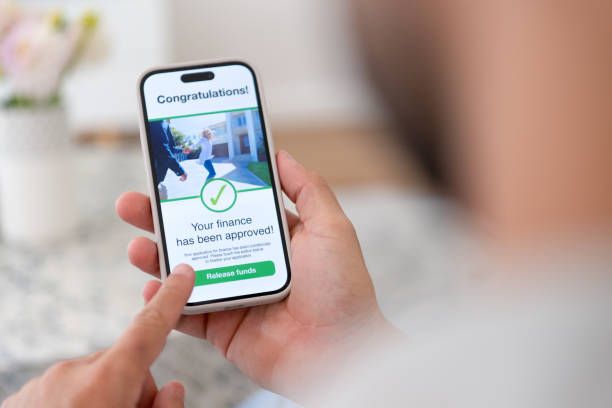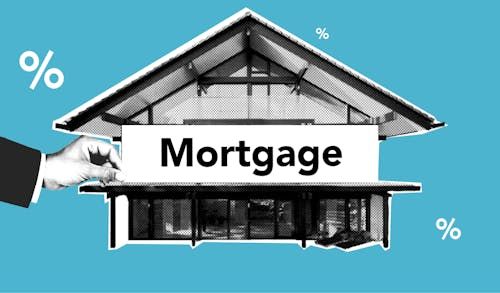Are you wondering if you can buy a house even if your bank statements aren’t perfect or if you have a low credit score? The answer is yes.
As someone who has navigated the real estate world, I’m here to share how you can achieve homeownership without the traditional barriers of bank statements and financiers.
Understanding Your Options
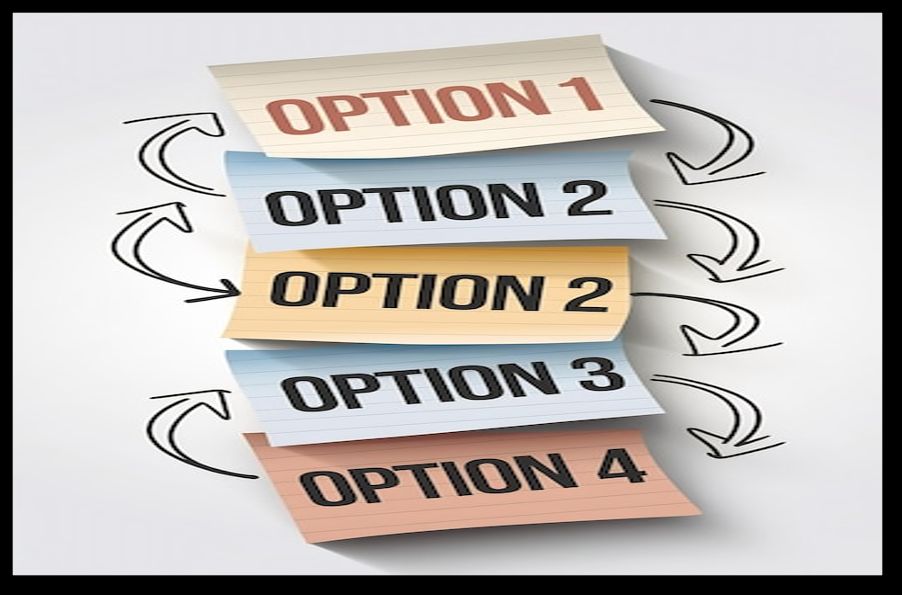
Let’s start by talking about the alternative financing options available. Many people believe you need perfect financials to buy a home, but that’s not true.
Here are some non-traditional financing methods for first-time homebuyers:
Private lenders: They may have more flexible requirements than banks.
Credit unions: These often provide favorable terms for members.
Peer-to-peer lending: This can be an option if traditional routes are closed.
Exploring these mortgage options can help you find the right path to your new home.
Engaging with Mortgage Lenders

One of the first steps is to connect with friendly mortgage lenders. Don’t be afraid to reach out.
Many lenders work specifically with those who have poor credit scores. They can guide you through the process and help you understand your financial qualifications.
Remember, being informed is key.
Utilizing FHA Loans
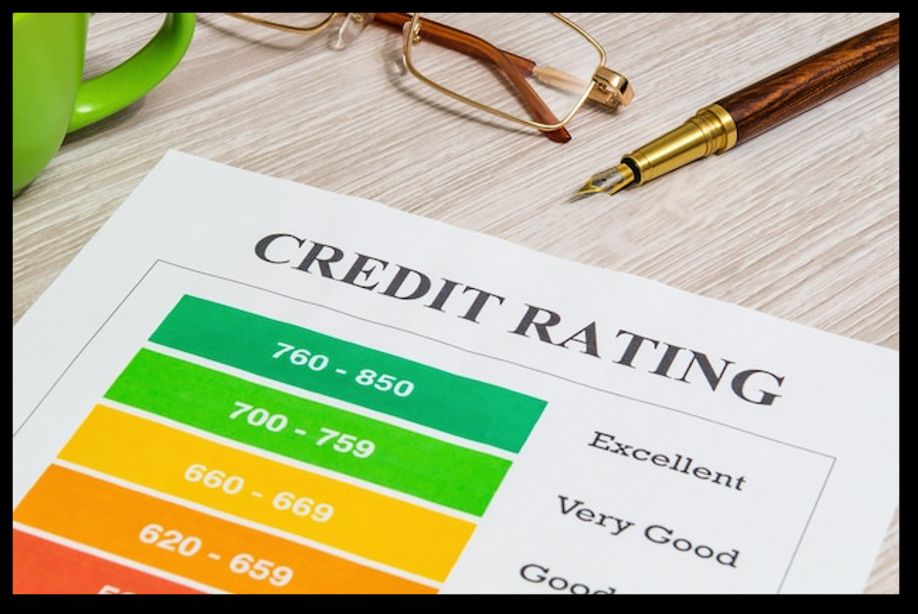
Have you heard of FHA loans? They’re a great option if your credit score is between 500 and 580.
With this type of loan, you may only need a 10% down payment. This means you can qualify for a loan even if your credit isn’t perfect.
The Federal Housing Administration supports these loans, making homeownership more accessible for everyone.
Assessing Your Financial History

As you prepare, it’s essential to check your financial history. Lenders want to see how well you manage things like rent payments and utility bills.
If you’ve been consistent with these, you’re already proving you can handle a mortgage. Consider these points:
Rent payment history: Consistent payments can bolster your application.
Utility bill payments: Timely payments demonstrate responsibility.
Employment stability: A steady job shows you can repay the loan.
Strategies for Down Payments
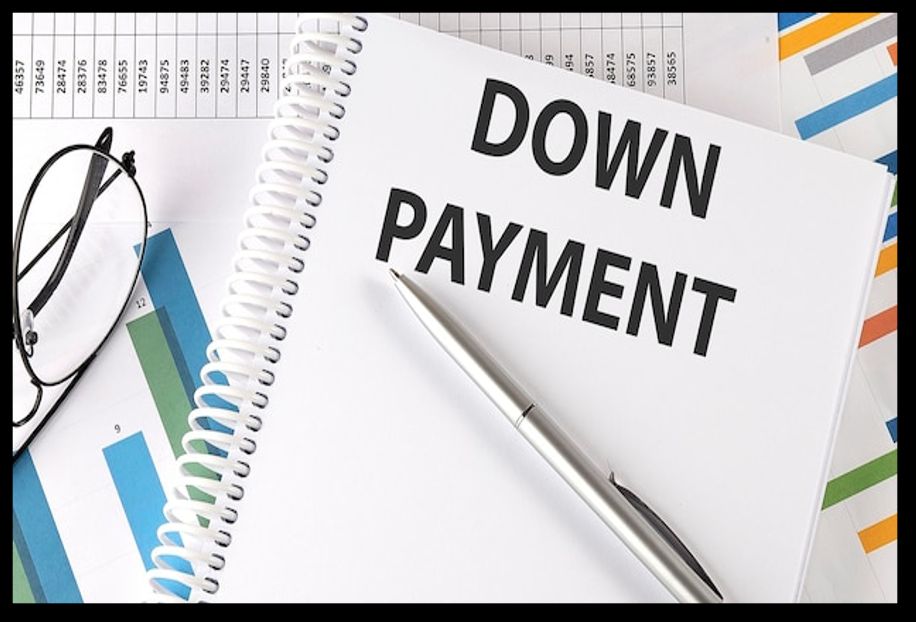
Worried about your bank statements? Consider making a higher down payment. This strategy can simplify the approval process.
If you put down more money upfront, lenders may not even require extensive financial documentation. Here’s why it works:
Less paperwork: A higher down payment reduces lender scrutiny.
Lower mortgage rates: More equity upfront can lead to better rates.
Increased approval chances: Less reliance on credit history.
Exploring Seller Financing

Another option is seller financing. This means you buy the property directly from the seller instead of going through a bank.
Often, sellers are flexible and can offer you easier terms. You might need a guarantor, but this method can make home buying much simpler.
Building Financial Confidence
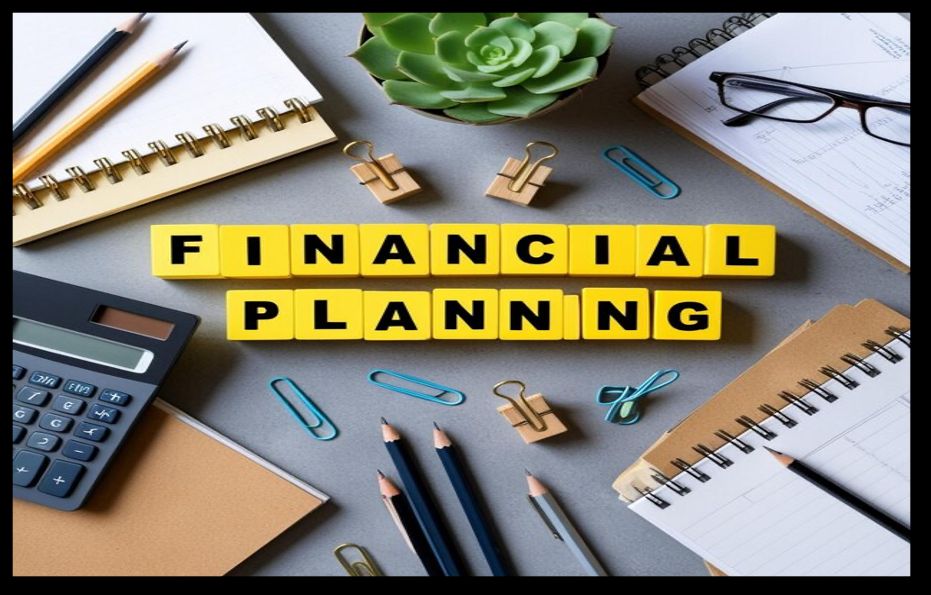
Lastly, focus on financial planning. Start saving now and keep track of your expenses.
Managing your monthly payments is essential to building equity in your new home. Consider these tips:
Create a budget: Track income and expenses to save effectively.
Build an emergency fund: This can help with unexpected costs.
Stay informed: Knowledge about market trends can guide your decisions.

